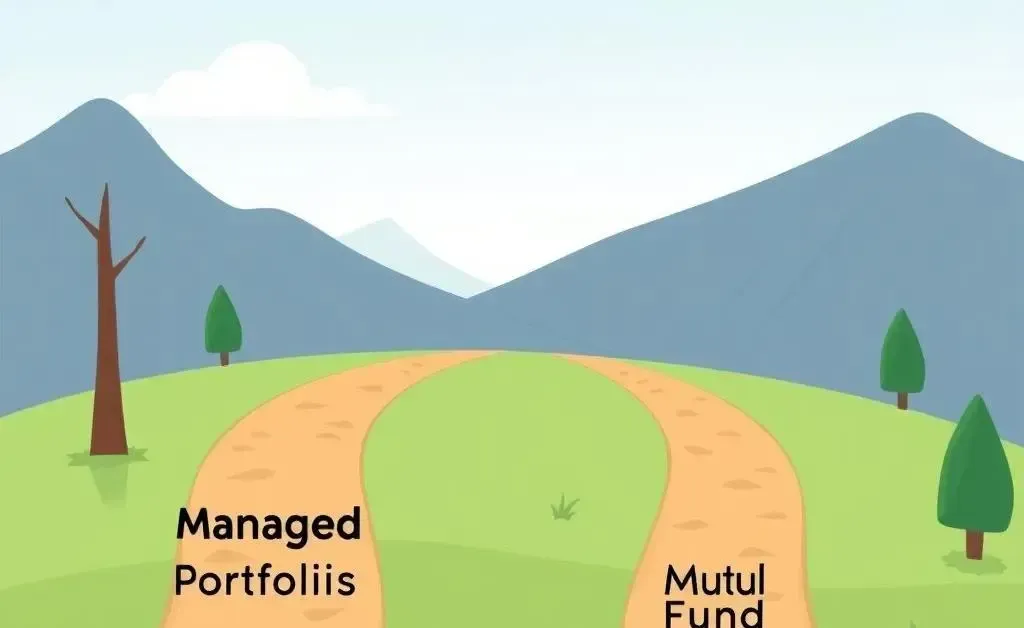Managed Portfolios vs. Mutual Funds: What's the Real Difference?
Explore the difference between managed portfolios and mutual funds to find the best fit for your investment strategy.

Choosing the right investment vehicle can sometimes feel like a monumental decision. Between managed portfolios and mutual funds, many of us find ourselves pondering which will suit our financial goals best. So, let's break it down and make it a little clearer! If you've ever wondered about the real differences between these two options, you're in the right place.
What are Managed Portfolios?
Managed portfolios are essentially customized investment accounts. A professional financial advisor or portfolio manager typically oversees them, tailoring investments to match your specific goals, risk tolerance, and financial situation. Think of it as having your personalized investment strategy.
Pros of Managed Portfolios
- Customization: Your portfolio is uniquely designed for you.
- Professional Guidance: Benefit from professional expertise and advice.
- Flexibility: Ability to adjust strategies as your financial goals evolve.
Cons of Managed Portfolios
- Cost: Typically higher management fees compared to mutual funds.
- Involvement: Requires a degree of personal involvement and communication with your advisor.

Understanding Mutual Funds
Mutual funds pool money from many investors to purchase a diversified portfolio of stocks, bonds, or other securities. Managed by professional fund managers, they offer a hands-off approach to investing. They're perfect for those who prefer to let their money work without constant oversight.
Pros of Mutual Funds
- Diversification: Spread risk across a wide range of assets.
- Accessibility: Lower investment thresholds make them accessible to many.
- Liquid Assets: Can be easily converted to cash when needed.
Cons of Mutual Funds
- Lack of Control: Less flexibility in choosing specific investments.
- Potential for Higher Costs: Some funds might have management fees and sales loads.

Which is Right for You?
The choice between managed portfolios and mutual funds boils down to your personal financial goals, how involved you want to be in your investments, and your cost considerations. Managed portfolios offer a tailored approach but come with higher fees. Mutual funds provide diversification and are often more accessible but offer less control over specific investments.
If you're still torn, consider talking to a professional financial advisor. They can provide insights tailored to your circumstances and help you navigate the nuances of each option.

At the end of the day, investing is about finding what aligns with your financial horizon. Whether you choose a managed portfolio or a mutual fund, the key is to start and let your investments grow.
What investment paths have you explored? I’d love to hear your experiences in the comments below!




